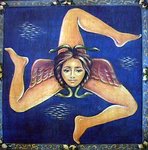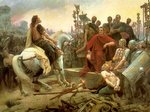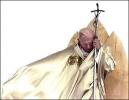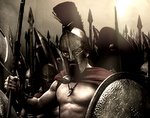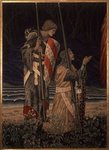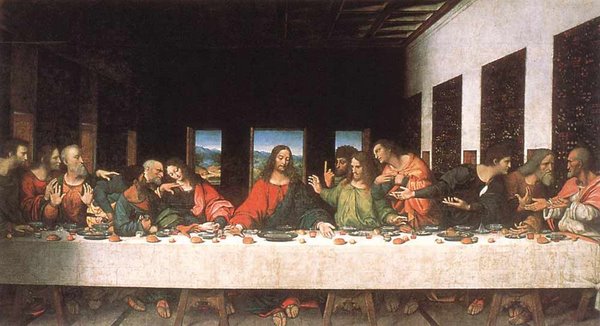
Ok, here is the second part of that zombie business I was writing about. Hmm, maybe I should publish a book on zombie culture...lol.
Necroman and his friends arguably make one of the best cases in support of my previous assertion that a zombie's greatest weakness is excellent choreography. This they do through a first-hand account of stumbling into a zombie neighbourhood at night and joining in one of the activities common zombies partake in during their leisure hours. This activity was (obviously, given the nature of zombie psychology) dancing. Here is a reprint of Necroman's account:
"I went out for a walk. It was late, it was night. Creepy sounds appeared when I passed the graveyard wall. A flash in my eyes, I was hit by the light from this skull turned into a mirror ball. Last night the dead were coming on to me, dead bodies and has-beens were all I could see."
"I saw the dead a Moonwalkin'......yeahhhhh. I found myself caught in the heat. Out of a grave a zombie babe is pulling my leg. I'm going offto the bone rocking beat, dancing like hell in this afterlife discotheque. Was asked up for a rigor mortis breakdance on a headstone. A dead moonwalkin' vampire chick dragged me by the bone."
- Necroman highlights three important aspects of zombie culture that I would like to mention.
1 - Zombies love to dance, and may have invented the moonwalk. Having starred in Thriller, it is indisputable that zombies had a connection with Michael Jackson (who has become a zombie, maybe in the last 5 or 10 years) and so one must question all of Michael Jackson's supposedly original dance moves in light of this revelation.
2 - Zombies may be able to improvise and adapt better than we had previously expected. This tendency is displayed in their use of a skull as a disco-ball in the absence of a real disco-ball. This could mean that zombies may actually be able to adapt to life in a world de-populated of humans, as they may be able to improvise many other goods and services that we have not considered.
3 - Zombies do have attractive individuals, as seen by the 'zombie babe' that Necroman danced with. This could represent an alternate means of zombie reproduction independent of spreading the zombie plague to humans. If this is true, we may have more to fear than a bite on the neck. If zombies are able to breed, then we may have to strike them pre-emptively and without provocation in order to protect ourselves from the possibility of having to out-compete an ever increasing zombie population.
Thus, Necroman's account provides us with a few very important issues to think about. The key, though, is that he has independently proven my assertion that dancing may be our best chance at survival when the time comes to fight against the undead hordes. Good luck, and polish up them blue suede shoes; you're going to need them.
